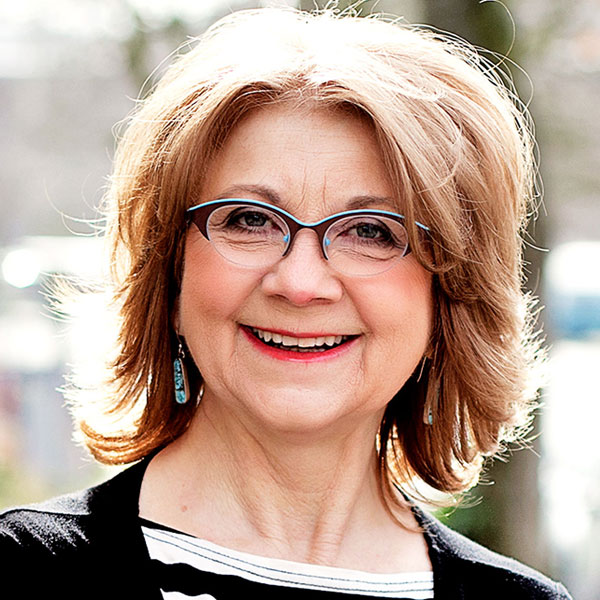Some women live their adult lives carrying deep emotional wounds inflicted by their mothers during childhood. At times, this burden can result in depression if not dealt with properly. In this article, I will share some suggestions for working through your “mother wound” as an adult daughter.
The Truth About You
You deserved to be loved.
Your mother didn’t or couldn’t give you the warmth, safety, support, or feeling of being cherished that you needed so much.
 Mothers influence our beliefs about ourselves in a foundational way. Who she “says” we are becomes who we say we are. We might be amazing, stupid, special, capable, clumsy, selfish — just because she said so.
Mothers influence our beliefs about ourselves in a foundational way. Who she “says” we are becomes who we say we are. We might be amazing, stupid, special, capable, clumsy, selfish — just because she said so.
Negative feedback creates pain in us. We may take on self-defeating false messages that seem true based on our circumstances.
For example:
“You don’t know how to be loving.”
“No one cares what you think.”
“If you were a better person, the abuse/trouble/shame never would have happened.”
“You are my whole life.”
“I love you more than your father.”
“It’s your job to take care of me.”
“You have no right to disagree.”
Lies and Truth
How do we separate them?
 As you work through these exercises, be sure to have a support person with whom you can cry, shout in anger, grieve, receive feedback.
As you work through these exercises, be sure to have a support person with whom you can cry, shout in anger, grieve, receive feedback.
Try this exercise. Make a sheet with two columns. Put “Lie” at the top of one column and “Truth” at the top of the other.
Following are some examples:
| Lie | Truth |
| You’re too sensitive. | I have feelings and vulnerabilities that make me a more open and loving person. |
| I can’t survive without you. | You’re going to have to find a way. I’m no longer willing to be controlled by guilt and obligation. |
| You can’t do anything right. | You’re jealous of me and can’t stand it when my life is going well. |
Write a Letter
Another exercise to try:
Write a letter to your mother that she will never see. Include the following four parts in your letter:
1. This is what you did to me.
i.e. “You were so critical. There was no real bond of kindness. You would never let me hold your hand. You never told me you loved me. You told me once that the only reason you had me was because abortions weren’t legal when you found out you were pregnant. Anything positive you did for me was done for show.”
2. This is how I felt about it at the time.
i.e. “I felt so alone. My heart was always hurting. I felt helpless, unlovable, unwanted, unheard, and angry. I felt like a burden and should never have been born, and that made me feel so sad and guilty and alone.”
3. This is how it affected my life.
 i.e. “I have always lived on the fringe, like a girl looking into a playground, but never feeling as though she can participate – she is lost, disconnected, and alone. Nobody will ever stand up for her – there is no one on her side.”
i.e. “I have always lived on the fringe, like a girl looking into a playground, but never feeling as though she can participate – she is lost, disconnected, and alone. Nobody will ever stand up for her – there is no one on her side.”
4. This is what I want from you now (even if she is deceased).
i.e. “What I want from you now is that I get to tell you what is okay to talk about and when we will see each other. In essence, I get to live my life as a normal adult, or we will end our relationship, which will be sad and hard.”
Healing from the Depression of a Mother Wound
As an adult daughter you are responsible for:
- Claiming your own self-worth.
- Having the life you want.
- Acknowledging and changing your own behavior when it is critical or hurtful.
- Finding your own adult power.
- Changing whatever behavior is a replica of your mother’s unloving programming.
If you need help working through these exercises or finding a place of peace and fulfillment in life after the wounds you have suffered, it would be my honor to meet with you for Christian counseling. Feel free to contact me or one of the other counselors in the counselor directory.
“Timberland,” courtesy of Kal Loftus, unsplash.com, CC0 License; “Peace,” courtesy of Joe Gardner, unsplash.com, CC0 License; “Free,” courtesy of Catherine McMahon, unsplash.com, CC0 License






